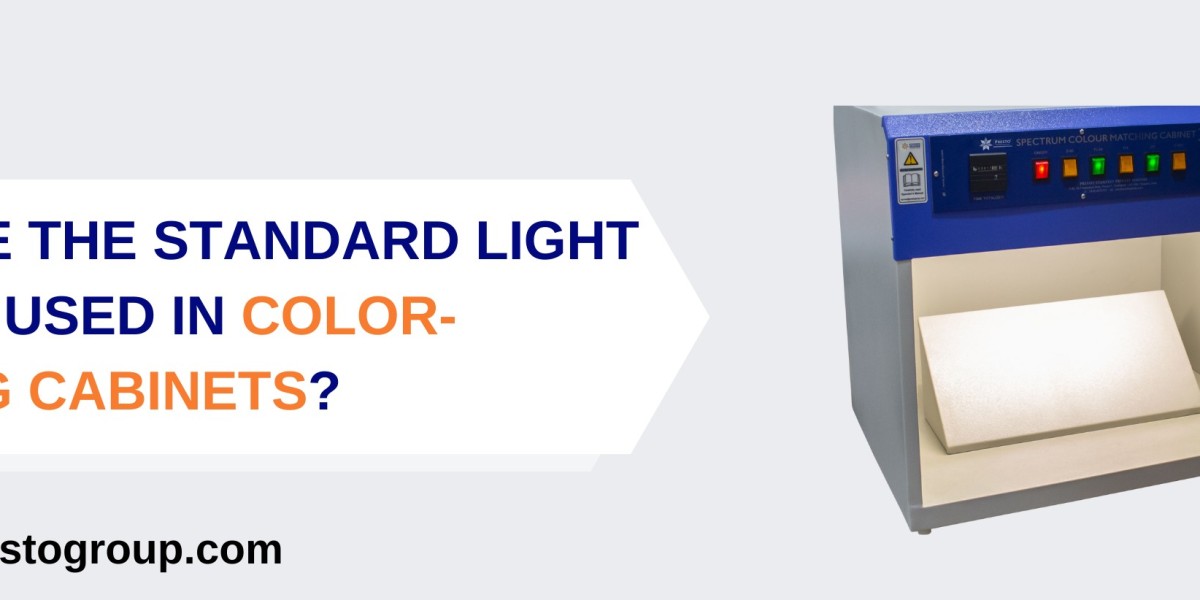In today's digital age, online marketing has become an indispensable tool for businesses seeking growth and success. With a myriad of online marketing platforms available, choosing the right one can be a daunting task. Each platform offers unique features, advantages, and limitations, making it essential for businesses to weigh the pros and cons carefully before deciding where to invest their marketing efforts. In this comprehensive guide, we will compare the pros and cons of some of the most popular online marketing platforms, helping you make an informed decision that aligns with your business goals.
1. Google Ads:
Pros:
Massive Audience Reach: Google is the most widely used search engine, giving your business access to a vast audience.
Highly Targeted Advertising: Google Ads allows precise audience targeting based on keywords, location, and demographics.
Flexible Budgeting: You can set your own budget and bid for keywords, making it suitable for businesses of all sizes.
Cons:
High Competition: Popular keywords can be competitive and expensive, potentially driving up costs.
Learning Curve: Mastering Google Ads and optimizing campaigns requires time and expertise.
2. Facebook Advertising:
Pros:
Extensive Audience Insights: Facebook's robust targeting options allow you to reach a highly specific audience based on interests, behaviors, and demographics.
Visual Appeal: Facebook's visually engaging ad formats can capture users' attention effectively.
Diverse Ad Objectives: Facebook offers various ad objectives, including lead generation, brand awareness, and conversions.
Cons:
Algorithm Changes: Facebook's algorithm changes can impact organic reach, necessitating more investment in paid advertising.
Privacy Concerns: The platform's focus on user privacy may limit the data available for targeting.
3. Email Marketing:
Pros:
Cost-Effective: Email marketing remains one of the most cost-effective methods to reach and engage with customers.
Personalization Opportunities: You can personalize content and offers based on customer behavior and preferences.
High ROI Potential: When executed well, email marketing can generate high returns on investment.
Cons:
Deliverability Challenges: Ensuring emails land in the inbox and avoid spam folders can be challenging.
List Management: Building and maintaining an engaged email list requires continuous effort.
4. Influencer Marketing:
Pros:
Trust and Authenticity: Influencers can build trust and credibility with their audience, leading to higher engagement rates.
Niche Reach: Influencers can connect with specific niches, enabling businesses to target highly relevant audiences.
Diverse Content Formats: Influencers can create various content formats, including videos, stories, and sponsored posts.
Cons:
Cost Variability: The cost of influencer marketing can vary greatly based on the influencer's reach and popularity.
Authenticity Concerns: Working with influencers requires careful consideration to ensure alignment with your brand values.
5. Content Marketing:
Pros:
Builds Brand Authority: Consistently producing valuable content establishes your brand as an authority in the industry.
SEO Benefits: Quality content can improve search engine rankings and organic traffic.
Long-Term Impact: Content can have a lasting impact, providing value to readers over time.
Cons:
Time-Consuming: Content creation requires time and effort, and results may not be immediate.
Quality Matters: Subpar content can harm your brand reputation.
6. Instagram Marketing:
Pros:
Visual Appeal: Instagram's focus on visual content enables businesses to showcase products and services creatively.
Engaged Audience: Users on Instagram tend to be highly engaged with brands and influencers.
Shopping Features: Instagram's shopping features allow businesses to sell products directly on the platform.
Cons:
Limited Linking: Links in captions are not clickable, limiting traffic redirection to the website.
Algorithm Changes: Like other social media platforms, algorithm changes can impact organic reach.
7. YouTube Marketing:
Pros:
Massive Reach: YouTube is the second-largest search engine, with billions of active users.
Video Engagement: Video content can be highly engaging and foster deeper connections with viewers.
Ad Formats: YouTube offers various ad formats, including skippable and non-skippable ads.
Cons:
Production Costs: Creating high-quality video content can be costly.
Ad Aversion: Some users may skip ads, reducing the impact of certain ad formats.
8. LinkedIn Advertising:
Pros:
B2B Targeting: LinkedIn is ideal for B2B marketing, offering precise targeting options based on job titles, industries, and company size.
Professional Networking: The platform is conducive to building professional relationships and generating leads.
Cons:
Higher Costs: LinkedIn advertising can be more expensive compared to other social media platforms.
Limited Reach for B2C: LinkedIn's audience is primarily business-focused, limiting its reach for B2C businesses.
9. Pinterest Marketing:
Pros:
Visual Discovery: Pinterest's visual nature allows businesses to showcase products and ideas creatively.
Inspiration-Oriented: Users come to Pinterest seeking inspiration, making it ideal for certain niches.
Cons:
Niche Audience: Pinterest may not be suitable for all industries or businesses.
Long-Term Results: Pinterest marketing may require patience to gain traction.
10. TikTok Advertising:
Pros:
Youthful Audience: TikTok has a younger, highly engaged audience, making it ideal for brands targeting Gen Z.
Viral Potential: TikTok videos can quickly go viral, increasing brand visibility.
Cons:
Content Creation: Creating TikTok content requires understanding the platform's unique style and trends.
Ad Formats: TikTok's ad formats may not be suitable for all types of businesses.
Conclusion:
Selecting the right online marketing platform for your business involves careful consideration of your target audience, budget, and marketing goals. A combination of platforms may be the best approach to reach different segments of your audience effectively. Regularly monitor and analyze the performance of your marketing efforts to refine your strategy over time. Remember that no single platform is a one-size-fits-all solution, and the ideal choice will depend on your specific business needs and objectives. By understanding the pros and cons of each platform, you can make informed decisions that lead to successful online marketing campaigns.








